
In an increasingly interconnected digital world, the quest for online privacy has never been more pressing. Every click, every search, and every online interaction leaves a digital footprint, making the concept of a ‘no-logs’ Virtual Private Network (VPN) not just a feature, but a fundamental necessity for those who value their anonymity and data security. A VPN service acts as a secure tunnel for your internet traffic, encrypting your data and masking your IP address to make it significantly harder for third parties to monitor your online activities.
However, the promise of privacy is only as strong as the provider’s commitment to it. The cornerstone of many reputable VPN services lies in their adherence to a strict no-logs policy – a public declaration that the provider will not hold, store, or sell customer data. This includes sensitive information such as activity logs, timestamps, data transfers, or how users interact with VPN servers. While the inner workings of VPN companies cannot be fully exposed, a transparent approach to logs, often backed by independent audits, is a critical measure in maintaining user privacy and is a core component of our expert recommendations.
ZDNET writers have dedicated years to testing and reviewing the best VPNs on the market, relying on extensive experience, frequent speed tests, and valuable customer feedback. Our rigorous methodology ensures that only services meeting the highest standards for transparency and security make our list. While the general advice is to pick a paid plan from a reputable VPN due to concerns about free services potentially trading user data, we recognize that exceptions exist, such as Proton VPN’s free tier, which offers a secure, no-logs experience backed by its paid subscribers. Join us as we delve into the top no-log VPNs that experts trust to protect your digital life.
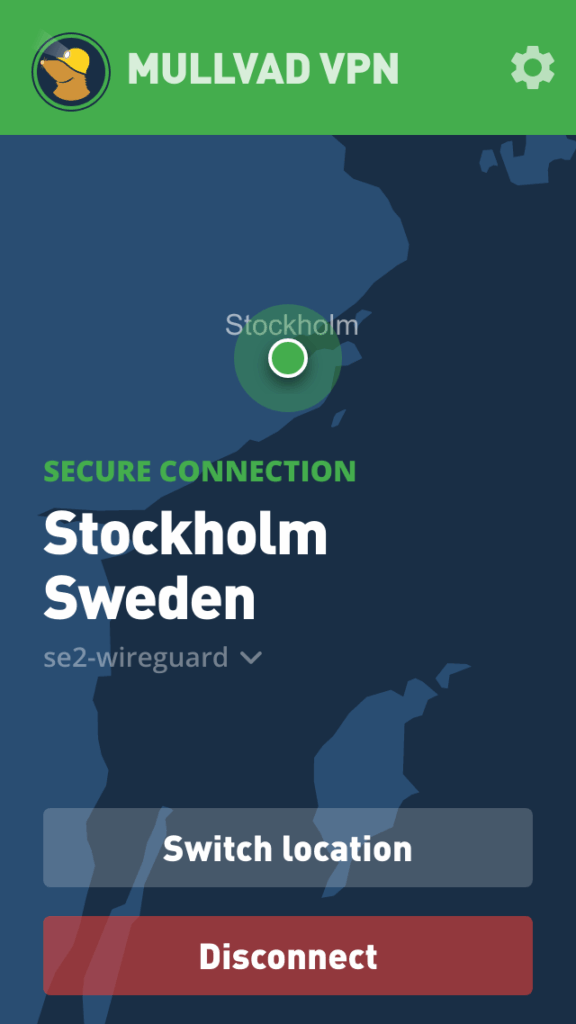
1. **Mullvad VPN: The Standard Bearer for Privacy and Transparency**
Mullvad VPN stands out as ZDNET’s top choice for a no-logs VPN, earning its place by consistently demonstrating an unwavering commitment to user privacy and security. Though it might be one of the lesser-known VPNs, its dedicated customer base understands that Mullvad takes these principles seriously, making it a premier open-source, no-logs option. Based in Sweden, Mullvad benefits from the country’s stringent data privacy laws, including the General Data Protection Regulation (GDPR), which further bolsters its firm no-logs policy by prohibiting the collection or storage of activity logs.
What truly sets Mullvad apart is its radical approach to user anonymity. The service goes to extraordinary lengths to ensure user identity remains detached from their online activity, notably by numbering accounts instead of requesting personal details like email addresses. This unique system prevents any direct link between a user’s identity and their VPN service, aligning perfectly with its privacy-first philosophy. Payment data is processed and protected in accordance with local laws, but the company’s focus consistently remains on user anonymity above all else.
Adding another layer to its transparency, Mullvad has publicly demonstrated its integrity when faced with legal scrutiny. In 2023, when subjected to a search warrant by law enforcement, Mullvad openly discussed the situation and confirmed that while police intended to seize computers with customer data, no such devices containing user data existed for them to take. This event powerfully underscores their claims of not storing activity logs, providing real-world evidence of their no-logs policy in action.
For those seeking further assurance, Mullvad embraces open-source principles. It allows users to verify its new Android app, with technical guidance readily available on GitHub, alongside its other open-source projects. This level of transparency enables third parties to scrutinize their code, fostering trust through verifiable security. Mullvad is ideal for users who prioritize a demonstrated approach to law enforcement requests and minimal user data collection, appreciating its ease of use and upfront fixed pricing structure of €5 ($5.60) per month, regardless of subscription length.
While Mullvad’s commitment to privacy is unparalleled, it’s important to note its limitations. The service offers a rather limited server network across 49 countries and supports only 5 simultaneous connections, which might deter users looking for extensive global coverage or a greater number of simultaneous device connections. Despite these points, its reasonable speeds and transparent, fixed pricing model continue to make it an excellent choice for privacy-focused individuals who value integrity above all else.

2. **NordVPN: The Popular Choice for Speed and Security with Proven No-Logs**
NordVPN consistently ranks as one of the top picks in the VPN market, lauded for its robust security, impressive speeds, and an expansive server network. It is ZDNET’s second favorite no-log VPN, combining strong security, excellent performance, and a transparent approach to privacy that has garnered the trust of millions of users worldwide. The cornerstone of NordVPN’s appeal is its strict no-logs policy, a claim that has been validated multiple times since 2018, with Deloitte verifying its policy’s claims for the fifth time at the close of 2024.
Geographical location plays a crucial role in a VPN’s ability to maintain a no-logs policy, and NordVPN’s base in Panama is a significant advantage. Panama does not enforce any data retention laws that would compel the VPN provider to abandon its commitment to user privacy. This strategic location, combined with frequent independent audits, provides a high degree of confidence in NordVPN’s ability to uphold its no-logs promise, reassuring users that their online activities remain private and unrecorded.
Beyond its privacy credentials, NordVPN excels in performance. Our consistent testing has found that NordVPN delivers a stable and solid server network, offering fantastic speeds and reliable connection times. With servers spread across 118 countries, it provides ample choice for users seeking to bypass geo-restrictions or simply optimize for speed and latency. Customers frequently praise its user-friendly interface and the prompt, friendly nature of its customer support, making it an accessible option for all types of users.
NordVPN also packs a suite of advanced security features designed to enhance user protection. These include a double VPN option for an extra layer of encryption, a private Domain Name System (DNS) service to prevent DNS leaks, and split tunneling, which allows users to route some app traffic through the VPN while others connect directly. Its innovative Meshnet feature operates like a secure local area network (LAN), facilitating secure data transfers between devices. While the desire for unlimited simultaneous connections is a common request, NordVPN currently supports 10, which is sufficient for many households and individual users.
NordVPN is an excellent choice for anyone seeking a trustworthy VPN with a solid security background for all use cases. The biggest savings are typically found on two-year contracts, starting at $3.39 per month, which often includes additional perks like free Sally eSIM data. While its premium plans can be more expensive than some competitors, the comprehensive package of security, speed, and proven no-logs verification makes NordVPN a compelling option for those prioritizing robust digital protection.
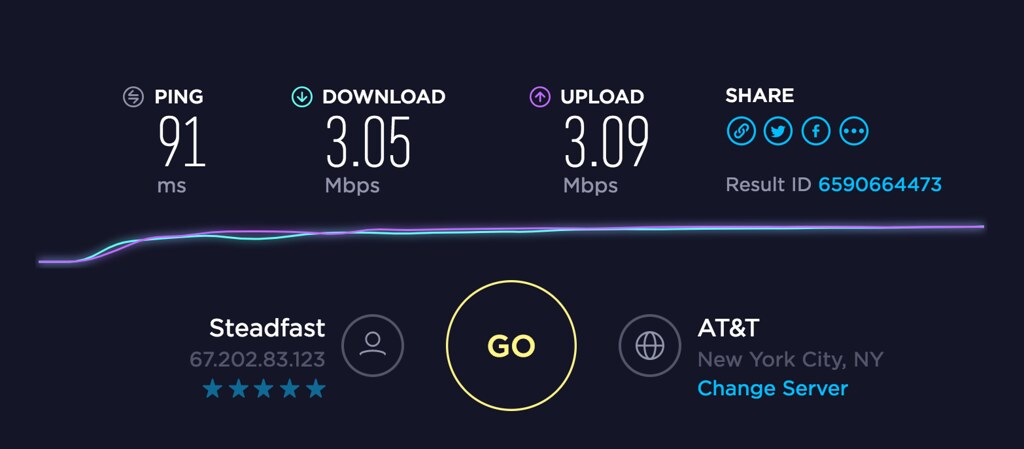
3. **Proton VPN: The Free No-Logs VPN Backed by Swiss Privacy and Transparency**
Protected by the robust privacy laws of Switzerland, Proton VPN emerges as another exceptional choice for users who prioritize security and privacy, standing out particularly for its commitment even on its free plan. This service operates a strict no-logs policy, meticulously ensuring that it does not collect or store sensitive user data such as activity logs or records of session duration. This dedication to privacy is further reinforced by its open-source nature, allowing any third party to examine its code for potential security or privacy flaws, fostering a high level of trust and accountability.
Proton VPN is notably highlighted as one of the best options for those seeking a free VPN plan. While understandably limited compared to its paid counterparts, the critical difference is that its free service is backed by its paid subscribers. This sustainable model means that, unlike many other free VPN providers, Proton VPN does not need to trade your data for the service’s operation. This is a crucial distinction, making it one of the few free VPNs that ZDNET experts confidently recommend as a trustworthy service, particularly for users unwilling or unable to commit to a paid subscription.
The free tier of Proton VPN offers servers in five distinct locations: the U.S., Romania, Poland, the Netherlands, and Japan, providing a decent range for basic needs. Users on the free plan are limited to one device connection. For those who can opt for a paid subscription, the benefits significantly expand, offering full access to Proton VPN’s extensive network across 117 countries and providing better speeds, as users are not constrained to the smaller subset of free server locations.
Customers generally appreciate Proton’s steadfast attitude towards security and privacy, as well as its intuitive user interface. While some Trustpilot ratings are lower, feedback primarily pertains to the limitations of the free plan and aspects of its customer support system. Despite these minor points, its core commitment to no-logs and open-source transparency solidifies its position as a reliable choice. Proton VPN also features a VPN accelerator, enhancing connection speeds, and comes with a 30-day money-back guarantee on paid plans.
Proton VPN’s pricing structure is reasonable, though not the cheapest in the market. The best value for money is found in two-year plans, priced at $4.49 per month. Alternatively, annual plans are available at $5 per month, and a single month of service costs $10. For individuals prioritizing security and privacy, especially those seeking a rare, genuinely trustworthy free option, Proton VPN provides an excellent balance of features and ethical operation.
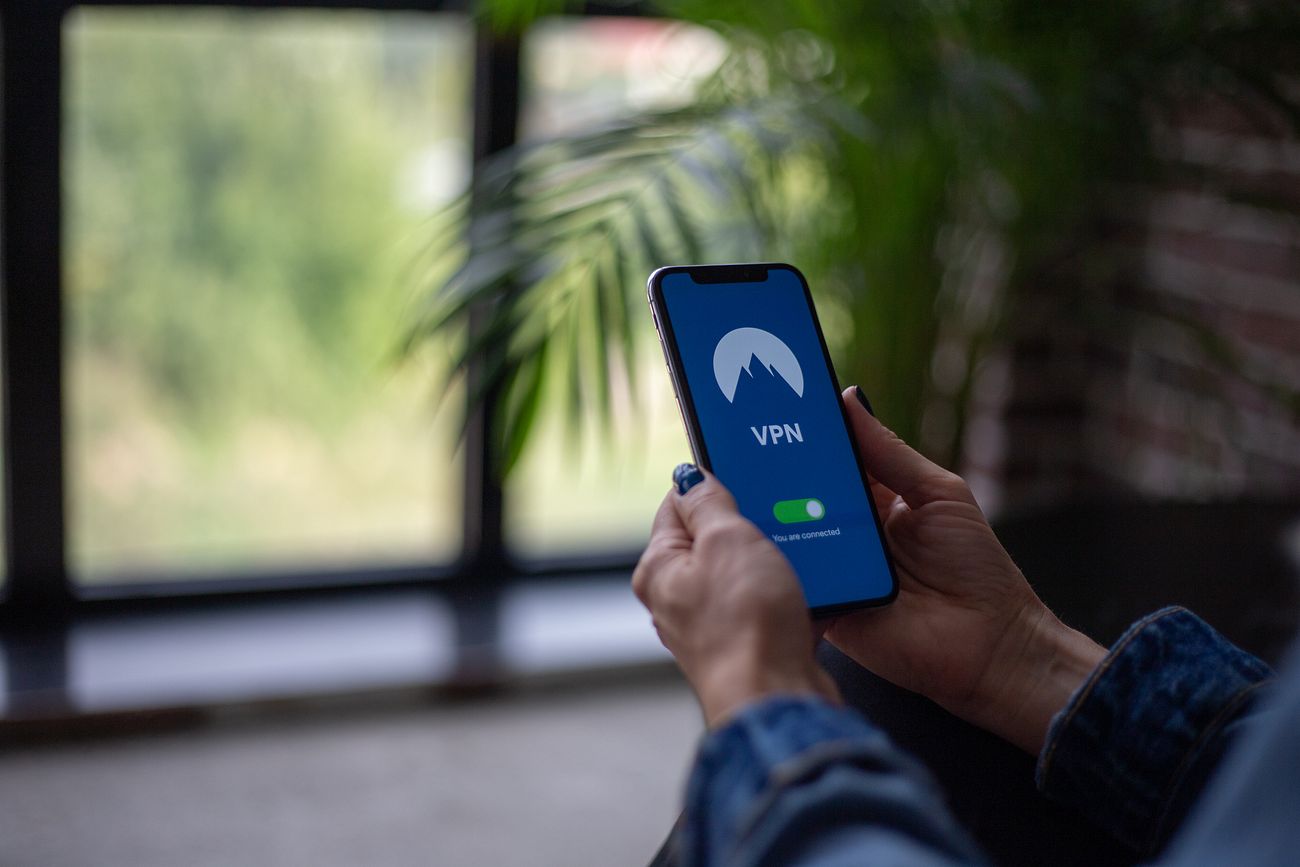
4. **Private Internet Access (PIA): Unlimited Connections and Open-Source Integrity**
Private Internet Access, widely known as PIA, consistently ranks as another one of our favored no-logs VPNs, distinguishing itself with a blend of robust security, open-source transparency, and an exceptional offering of unlimited simultaneous connections. PIA’s commitment to privacy is stringent, underpinned by a policy that is frequently audited by independent parties, including Deloitte. These audits consistently verify that PIA does not collect or store user data, solidifying its claims of maintaining a strict no-logs environment.
A key technological advantage for PIA in ensuring user privacy is its utilization of RAM-only servers. This advanced server infrastructure is designed to remove all traces of online activity with every reboot, providing an enhanced layer of data protection by preventing any persistent storage of user information. This practice reinforces its no-logs policy, making it incredibly difficult for any data to be recovered, even in the unlikely event of a server seizure.
During our extensive speed tests, PIA performed reasonably well, demonstrating consistent connectivity suitable for most everyday online activities. A major draw for many users, and a feature that truly sets PIA apart in its price bracket, is the provision of unlimited simultaneous connections. This allows users to protect every device they own—from desktops and laptops to smartphones and smart TVs—under a single subscription, offering immense value and convenience for families or individuals with multiple gadgets.
Customers particularly laud PIA for its strong Linux support, a feature often overlooked by other VPN providers. This attention to a diverse user base, coupled with its unwavering security posture, contributes significantly to its reputation. PIA is ideally suited for anyone seeking a consistently affordable option that does not compromise on the number of simultaneous connections, making it a highly practical choice for comprehensive device protection.
The most attractive deal for PIA subscribers typically involves three-year contracts, which are remarkably affordable at just $2.19 per month and often include two extra months of service for free. Shorter six-month plans are also available at $7.50 per month, providing flexibility. While PIA’s speeds are described as average compared to some of the fastest VPNs, and its server network is somewhat limited across 91 countries, its open-source nature, RAM-only servers, and unparalleled offering of unlimited simultaneous connections make it a formidable contender in the no-logs VPN landscape.
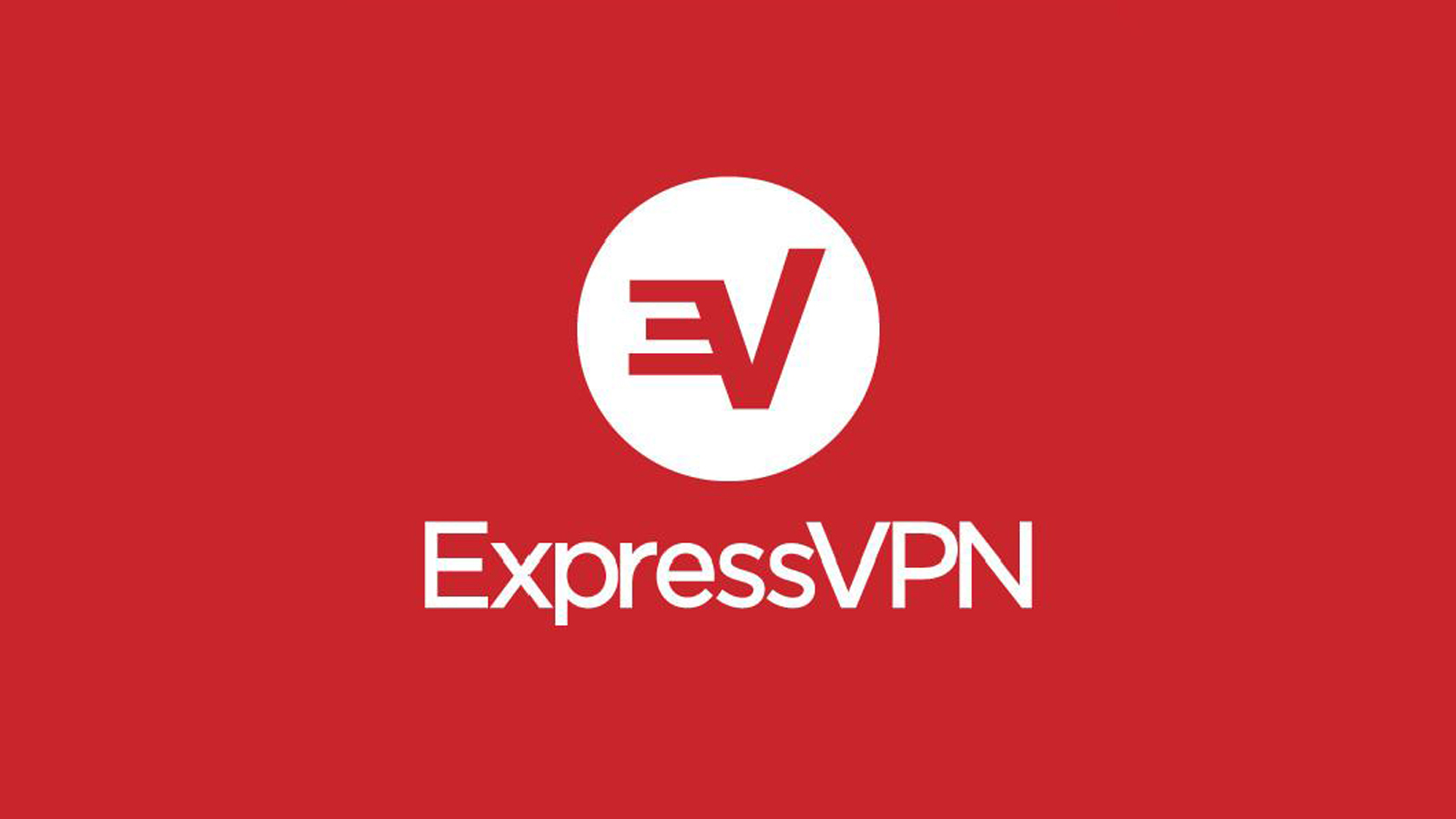
5. **ExpressVPN: Blazing Speeds and Robust No-Logs Verification**
For those who prioritize speed without compromising on a strict no-logs policy, ExpressVPN stands out as a top-tier choice. ZDNET’s rigorous testing consistently positions ExpressVPN at the forefront for connection and network speeds, making it an ideal option for users demanding the fastest possible online experience. This high-performance VPN backs its claims with a robust server network spread across 105 countries, ensuring broad global coverage and reliable access.
ExpressVPN’s commitment to user privacy is unequivocally strong. It operates a strict no-logs policy, guaranteeing that no personal data—including browsing history, traffic records, DNS queries, or IP addresses—is collected or stored. Further bolstering its privacy posture, the company leverages RAM-only servers. This advanced infrastructure is designed to wipe all data with every reboot, providing an additional layer of protection against persistent data storage and upholding its no-logs promise.
Transparency is a cornerstone of ExpressVPN’s operations, with independent audits of its no-logs policy being regularly conducted since 2019. These consistent verifications offer users peace of mind, confirming that the service adheres to its privacy declarations. Coupled with a user-friendly interface, ExpressVPN provides a seamless and secure browsing experience across various platforms, from desktop computers to mobile devices.
While ExpressVPN delivers exceptional performance and security, its pricing structure reflects its premium offerings. Although the average monthly cost has seen a reduction from last year, it remains more expensive than many competitors on the market. The two-year subscription, which typically includes four additional months for free, offers the best value, priced at $5 per month. Other plans include a one-year option at $6.67 per month, and a single month of service for $12.95.
Despite its higher price point and a limit of 8 simultaneous connections—which, while sufficient for many, isn’t unlimited like some rivals—ExpressVPN remains a compelling option. Its dedication to speed, proven no-logs policy, and a 7-day free trial available across all supported devices make it a highly recommended choice for individuals who require top-tier performance and uncompromised privacy protection.
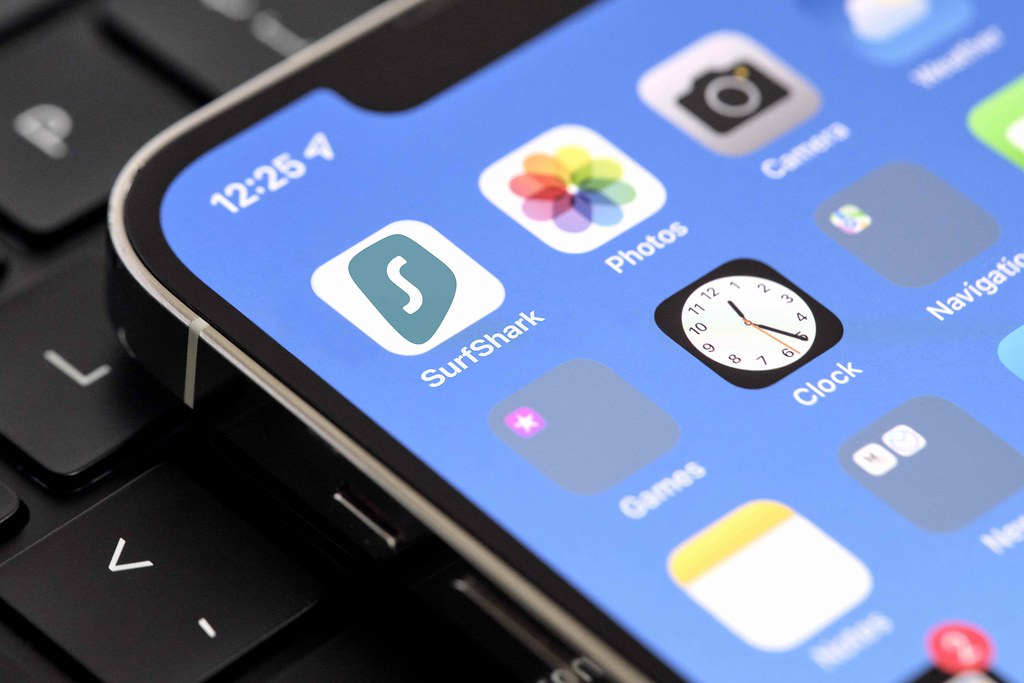
6. **Surfshark: The Feature-Rich and Affordable No-Logs Alternative**
When seeking a highly affordable VPN that doesn’t skimp on privacy, Surfshark emerges as an excellent alternative to the more established players. This service firmly operates under a no-logs policy, a critical assurance for users concerned about their digital footprints. Surfshark’s commitment to user privacy is further highlighted by its maintenance of a warrant canary, a public statement indicating that the company has not received secret government requests for user data.
Affordability is a significant draw for Surfshark, often making it an attractive option for budget-conscious users who still demand robust security and privacy features. While specific details on its server network or performance metrics were not the primary focus of its alternative listing, its reputation as a strong no-logs provider with a warrant canary indicates a dedication to transparency and user trust that aligns with ZDNET’s recommendations for secure VPN services.
Surfshark’s position as a recommended alternative underscores its ability to meet essential no-logs criteria, providing a trustworthy option for those exploring various VPN providers. Its inclusion in this expert-reviewed list signals that it maintains the core principles of privacy and data protection, making it a viable choice for individuals seeking a dependable and cost-effective solution for their online anonymity needs.
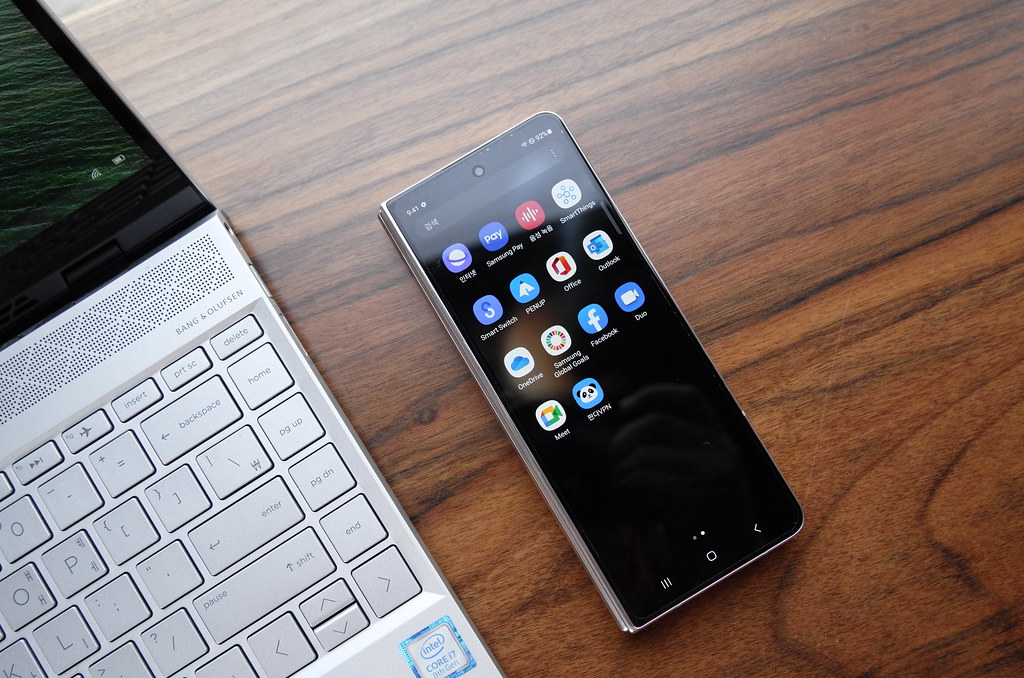
7. **IPVanish: Audited No-Logs with Proactive Data Destruction**
IPVanish stands as another robust alternative for users prioritizing an audited no-logs policy and advanced data protection mechanisms. This VPN provider has firmly committed to not logging user traffic, ensuring that your online activities remain private and unrecorded. What truly distinguishes IPVanish is its innovative approach to data handling: it self-destructs connection diagnostic data after every session, actively preventing any persistent storage of potentially sensitive information.
This proactive data destruction method goes a step further than merely abstaining from logging, providing an enhanced layer of security by making it virtually impossible for past connection details to be retrieved. IPVanish’s status as an “alternative with audited no-logs policy” reinforces its credibility, demonstrating a verifiable commitment to its privacy claims through independent verification, a crucial factor in ZDNET’s assessment of trustworthy VPNs.
IPVanish is ideally suited for users who value not only a strict no-logs pledge but also a demonstrated technical implementation that reinforces data privacy. Its focus on audited transparency and the unique feature of self-destructing session data positions it as a reliable choice for maintaining anonymity online, providing peace of mind that your digital activities are not only unlogged but also actively erased post-session.
**Key Factors for Choosing Your No-Logs VPN**
Selecting the right no-logs VPN requires careful consideration of several critical factors that extend beyond just the ‘no-logs’ promise. As you navigate the vast market of VPN providers, keeping these elements in mind will help you make an informed decision tailored to your specific privacy and security needs.
**Privacy and Transparency Standards**
At the forefront of any selection should be the VPN’s demonstrable commitment to user privacy and transparency. Look for providers that offer clear no-logs pledges, backed by transparent security reports and the presence of warrant canaries. These public disclosures indicate a VPN’s willingness to be open about its data handling practices and its interactions with legal requests. Regular patch updates and a development team dedicated to security improvements are also vital indicators of a provider’s serious approach to protecting your data.
**Understanding Pricing and Value**
The price of a VPN plan can vary significantly, and it’s essential to consider the overall value rather than just the monthly cost. While promotions can offer significant savings, be wary of aggressive countdown timers, which are often just marketing tactics. Many reputable VPNs offer plans for just a few dollars per month, making robust privacy accessible. It is generally recommended to avoid most free VPNs, with rare exceptions like Proton VPN’s free tier, as many may compromise your data for advertising revenue or other means.
**Simultaneous Connections for Comprehensive Coverage**
In an era where most individuals own multiple internet-connected devices, the number of simultaneous connections a VPN plan offers is a practical consideration. If you plan to protect your desktop, laptop, smartphone, tablet, or even a smart TV, you’ll need a service that allows multiple connections. We advise opting for a plan that supports at least six devices, though many paid VPN services now generously offer unlimited simultaneous connections, providing excellent value for families or individuals with extensive digital ecosystems.
**Contract Length and Money-Back Guarantees**
The duration of your VPN subscription can greatly influence its cost-effectiveness. Longer-term contracts, typically two-year plans, often come with the best per-month pricing, offering substantial savings over time. However, shorter options are usually available for those who prefer more flexibility. Regardless of your chosen contract length, nearly all reputable VPN providers offer a 30-day money-back guarantee, allowing you to test the service risk-free and ensure it meets your expectations.
**App Compatibility and User Experience**
Finally, consider the devices you intend to protect and the availability and quality of the VPN’s applications for those platforms. Whether you use a Windows PC, a macOS laptop, an iPhone, or an Android device, an intuitive and easy-to-use app is crucial for a smooth experience. Take a look at the user interfaces and functions of the apps on offer to ensure they align with your technical comfort level and daily usage habits, making your privacy protection effortless.
**Setting Up Your No-Logs VPN: A Simple Guide**
Once you’ve made the crucial decision of selecting your ideal no-logs VPN, the process of getting it up and running is remarkably straightforward. Following a few simple steps will quickly secure your internet traffic and activate your enhanced online privacy.
Begin by heading to an official software repository—such as Apple’s App Store for iOS, the Google Play Store for Android, or directly to the VPN provider’s official website. These are the most reliable sources for downloading the legitimate application, ensuring you avoid unofficial or potentially malicious versions. Once found, download the app to your device.
After the download is complete, proceed with the installation process. You may be prompted to grant the VPN specific device permissions, which are necessary for it to function correctly and route your internet traffic. Once installed, open the application and log in using your credentials, a QR code, or a one-time passcode provided by your service. The final step is often as simple as selecting a country from the server list or using a ‘quick connect’ option, and your secure VPN connection will be established.
**Frequently Asked Questions About No-Logs VPNs**
Navigating the world of online privacy can raise several questions, especially concerning the specifics of no-logs VPNs. Here, we address some of the most common inquiries to provide clarity and empower you with knowledge.
**What Does a No-Logs Policy Truly Mean?**
A no-logs policy is a public commitment from a VPN provider that it will not record your online activities, including the websites you visit, the online services you access, or your DNS queries as they pass through its server network. However, it’s important to understand that ‘no-logs’ doesn’t necessarily mean zero logging of all data. A VPN provider may still log certain non-identifying information, such as your VPN usage records, session durations, or billing details. Additionally, they might be legally required to log some customer information to comply with the laws of their headquarters’ jurisdiction, so transparency and independent audits are key.
**Can Law Enforcement Track Me if I Use a VPN?**
While a VPN significantly enhances your privacy, it’s not an impenetrable shield. Law enforcement agencies can request user information from a VPN provider, just as they would any other organization. With a valid court order, the VPN vendor is compelled to comply. The extent of information they can provide, however, depends entirely on their logging policies and what data they actually retain. While authorities might detect VPN use or investigate associated IP addresses, it’s highly improbable they would pursue this route unless there is suspicion of serious illegal activity. A VPN is a robust privacy tool, but it does not guarantee absolute anonymity for criminal acts.
**How Can I Verify My VPN’s Safety and Functionality?**
Ensuring your VPN is safe and operating correctly begins with choosing a reputable vendor known for strong security. After connecting, a simple check involves comparing your IP address before and after enabling the VPN; if they remain the same, your VPN isn’t working. Tools like whatismyipaddress.com can help with this. Furthermore, visiting dnsleaktest.com can reveal if any Domain Name System (DNS) leaks are occurring, which would indicate a potential breach in your privacy. Always exercise caution with free VPNs from unknown sources, especially those outside official app stores, as they could introduce surveillance risks or malware.
**Are No-Logs VPN Services Legal to Use?**
In the United States, no-logs VPN services are perfectly legal. However, the legality of VPN usage is not universal and varies significantly from country to country. It is crucial to understand and comply with the local laws of your specific location before using a VPN. Some nations, such as North Korea, Belarus, and Iraq, impose outright bans on VPNs. Others, including Russia and China, express strong disapproval of non-state-controlled VPN services, restricting their use. Always verify the legal status of VPNs in your region to avoid potential complications.
**Can My Employer Still Monitor My Browsing History with a VPN?**
Potentially, yes. While a properly functioning VPN encrypts your internet traffic, hiding your activities from your internet service provider and improving your general online anonymity, it doesn’t bypass all forms of monitoring. Your browsing history might still be logged through your web browser’s own history feature, or by monitoring software installed directly on corporate PCs. Furthermore, if you are using a VPN provided by your employer (a corporate VPN), it is highly likely that they are logging your website visits and other activities. For personal devices on a home network, a no-logs VPN offers significant protection, but on company-owned equipment, corporate policies often take precedence.
In a digital landscape where privacy is increasingly scarce, investing in a reputable no-logs VPN is more than a luxury—it’s a vital layer of protection for your personal information. From the transparent privacy champion Mullvad, to the speed demon ExpressVPN, and the budget-friendly yet secure alternatives like Surfshark and IPVanish, our expert-reviewed list provides a trusted roadmap to securing your online journey. Equip yourself with the right tool, and navigate the internet with the confidence that your digital footprint remains your own.



